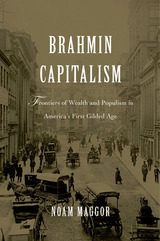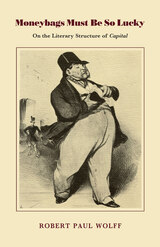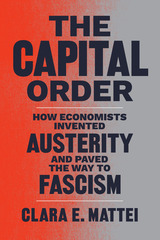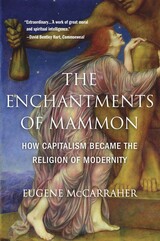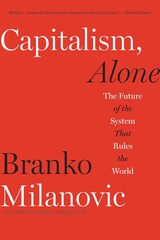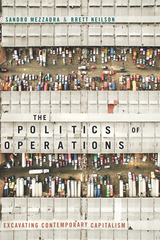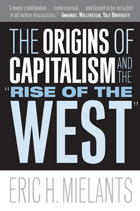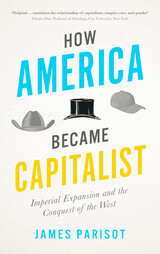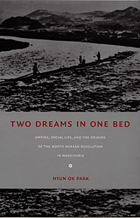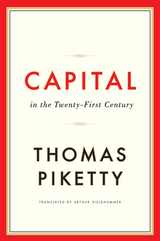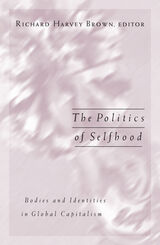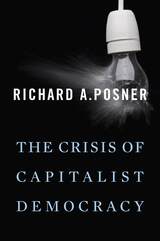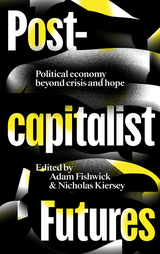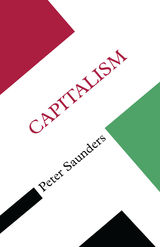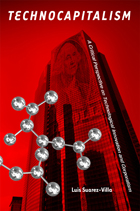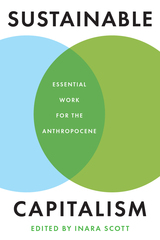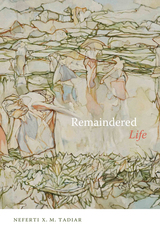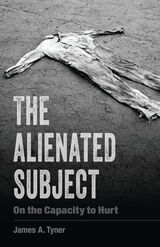Free Trade In The Bermuda Triangle: And Other Tales Of Counterglobalization
University of Minnesota Press, 2003
Cloth: 978-0-8166-3871-0 | Paper: 978-0-8166-3872-7
Library of Congress Classification HB501.N367 2004
Dewey Decimal Classification 337
Cloth: 978-0-8166-3871-0 | Paper: 978-0-8166-3872-7
Library of Congress Classification HB501.N367 2004
Dewey Decimal Classification 337
ABOUT THIS BOOK | TOC
ABOUT THIS BOOK
Shangri-La, the Bermuda Triangle, Transylvania, the Golden Triangle—far-flung in popular conception, these anomalous places nonetheless occupy the same mysterious zone, a mythography of unruly cartographic practices. And because this mythography becomes associated with a particular area of the earth’s surface, it may well suggest an alternative means of mapping the world, dissociated from the dominant geographical paradigms of nation-state, economic region, and the global/local marketing nexus. Large-scale nonnational geographical spaces that find their genesis in popular feeling, mystery, and belief, these four sites provide Brett Neilson with the basis not only for rethinking the current global reorganization of space and time but also for questioning the dominant narrative by which globalization marks the victory of capitalism. Free Trade in the Bermuda Triangle moves between analysis of popular fantasies and engagement with on-the-ground realities, weaving together topics as diverse as airplane disasters off the U.S. Atlantic coast, the global drug trade, vampire culture in postsocialist Europe, and the search for utopia in Chinese-occupied Tibet. The study of globalization is largely a solemn affair, occupied with increasing economic polarities, environmental degradation, and global insecurity. Free Trade in the Bermuda Triangle maintains a critical focus on these sobering issues but at the same time asks how popular pleasure and enjoyment can create viable alternatives to the current global order. Neilson takes seriously the proposition that capitalism must be contested at its own level of generality, finding provisional grounds for resistance in nonlocal transnational spaces that embody quotidian hopes, desires, and anxieties. By studying the real and imagined dimensions of these popular geographies, his book seeks resources for social betterment in the fallen mythologies of the contemporary postutopian world.Brett Neilson is senior lecturer in the School of Humanities at the University of Western Sydney, where he is also a member of the Centre for Cultural Research.
See other books on: Capitalism | Demography | Free Trade | Neilson, Brett | Other Tales
See other titles from University of Minnesota Press


